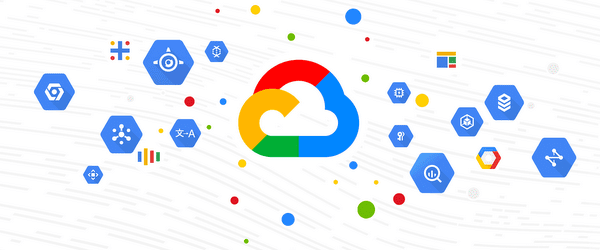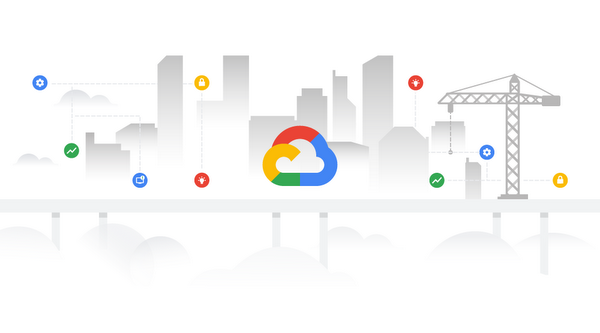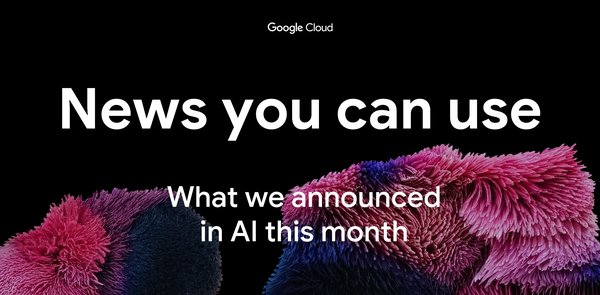Google Cloud Platform
Last Month Today C.png
There were lots of product announcements along with learning opportunities. Not surprisingly, our top stories from April were all from the big event. Read on to catch up!
Next ’19 at a glance
-
Whether you attended Next ’19 or not, you can catch up on all that happened from our list of all 122 announcements from the show. Read about the news in compute and infrastructure, as well as a ton of launches tied to identity and security on GCP. There are also new features to explore in data analytics and AI/ML, details on running Windows workloads on GCP and improvements in productivity and collaboration with G Suite. Finally, scroll down the list to learn how customers are using GCP. Our blog now even has its own dedicated Next section where you can find all the posts from the event.
The future of the cloud is open
-
At Next ’19, we introduced Anthos, our hybrid cloud platform that will let you write once, run anywhere. It’s designed so you can write an app and run it without modifying the code across platforms: GCP, Google Kubernetes Engine (GKE), GKE On-Prem, and, soon, third-party clouds. Anthos is completely software-based, using open APIs so users can easily build and manage hybrid clouds. In addition, Anthos Migrate (available in beta) can auto-migrate VMs into GKE containers.
-
Also at Next, we announced new partnerships with seven open source-centric database and analytics providers. This means that you can use their managed services through GCP, with the added benefits of unified management, billing and support. A ton of new applications being developed today run these partners’ open-source database systems, ranging from general purpose databases to specific ones for time-series, graph and search use cases.
No servers, no problem
-
Cloud Run, our new serverless compute offering, also entered beta last month. Cloud Run lets you run stateless HTTP-driven containers, while handling all infrastructure management, including server provisioning, configuring, scaling and management behind the scenes. With Cloud Run, you can scale your containers up or down quickly (even to zero), giving you the flexibility of containers and velocity of serverless. Cloud Run is based on Knative, an open-source API and runtime environment.
Extending the tools developers use
-
As cloud evolves, so does application development. Cloud Code is a set of plug-ins for IntelliJ and Visual Studio (VS) Code that bring automation and assistance to every phase of the software development lifecycle, using the tools developers already use. Integrated development environments (IDEs) can automate a lot of a developer’s work, but can be challenging for cloud development. Cloud Code uses command-line container tools such as Skaffold, Jib and Kubectl under the hood, so you see continuous feedback as you’re building your project in a Kubernetes environment.
That’s a wrap for April. We’ll see you next month.









